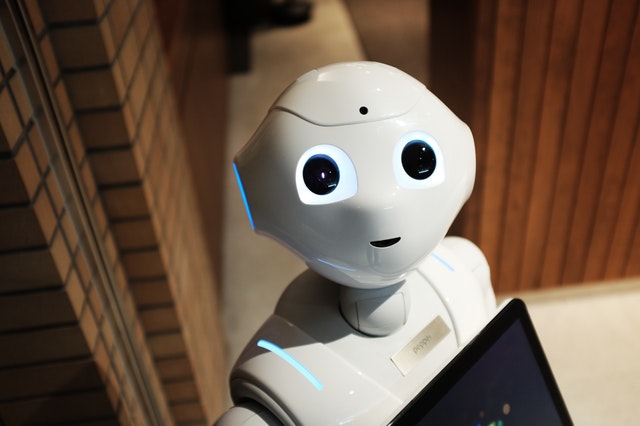Artificial Intelligence (AI) has caught the attention of major enterprises and they are exploring ways in which they can use innovative technologies to help achieve their digital transformation efforts. It is expected that revenues from AI will grow to $118.6 billion by the year 2025. When talking about the software industry, various functions can be improved by automation. AI is doing wonders in the quality assurance (QA) processes which include software testing too. For QA teams, AI is a new tool that can save time and help teams achieve their goals.
Defect Management Tools and AI
QA engineers and developers find a lot of defects in the app, and they look for solutions to manage these defects efficiently. A defect management tool plays an important role in software testing because defects/bugs keep occurring in software apps. Whenever a change is made to the existing code, testers are required to carry out a new test. Due to this repetitive testing, a lot of time is consumed. This is where AI steps in and takes less time in testing with all possible solutions at hand.
AI promotes Efficient Software Testing
We cannot deny the fact that software applications care the most complex products that have taken over the digital world in recent times. Software engineers and testers work effortlessly to make reliable software products. This rapidly growing industry is in dire need of AI in software testing to make reliable, stable and easy to use apps. New features normally tend to affect the quality and reliability of software products; thus, defect management is the only possible way out.
Automation with AI and ML
AI and Machine Learning (ML) being the most powerful tool in this century are widely used in automation. Software testing companies use these wonderful technologies to automate tests that were once carried out by manual testers. It is not easy for companies to invest rigorously in AI, but it has fruitful results. When developers make any changes in the application, the test code is also updated. So now the automation turns into maintenance. However, AI continues evolving after any changes in the code. They adopt how to find new app functions and saves time. when AI identifies the modifications, they decide whether it is a new function or defect of a new product release. This makes automation more effective.
Future of Defect Management with AI
It is also speculated that there is more to defect management with AI in the future. QA engineers, developers, and testers will be able to manage defects efficiently and may even prevent bugs from appearing in app development at all. Research is being made to implement AI in software testing in different ways.
Conclusion
When software quality is improved, it results in increasing the ROI of a business. It means that leveraging AI and ML into the software testing process is beneficial and businesses should consider investing time and money in these two wonderful inventions of the century.

